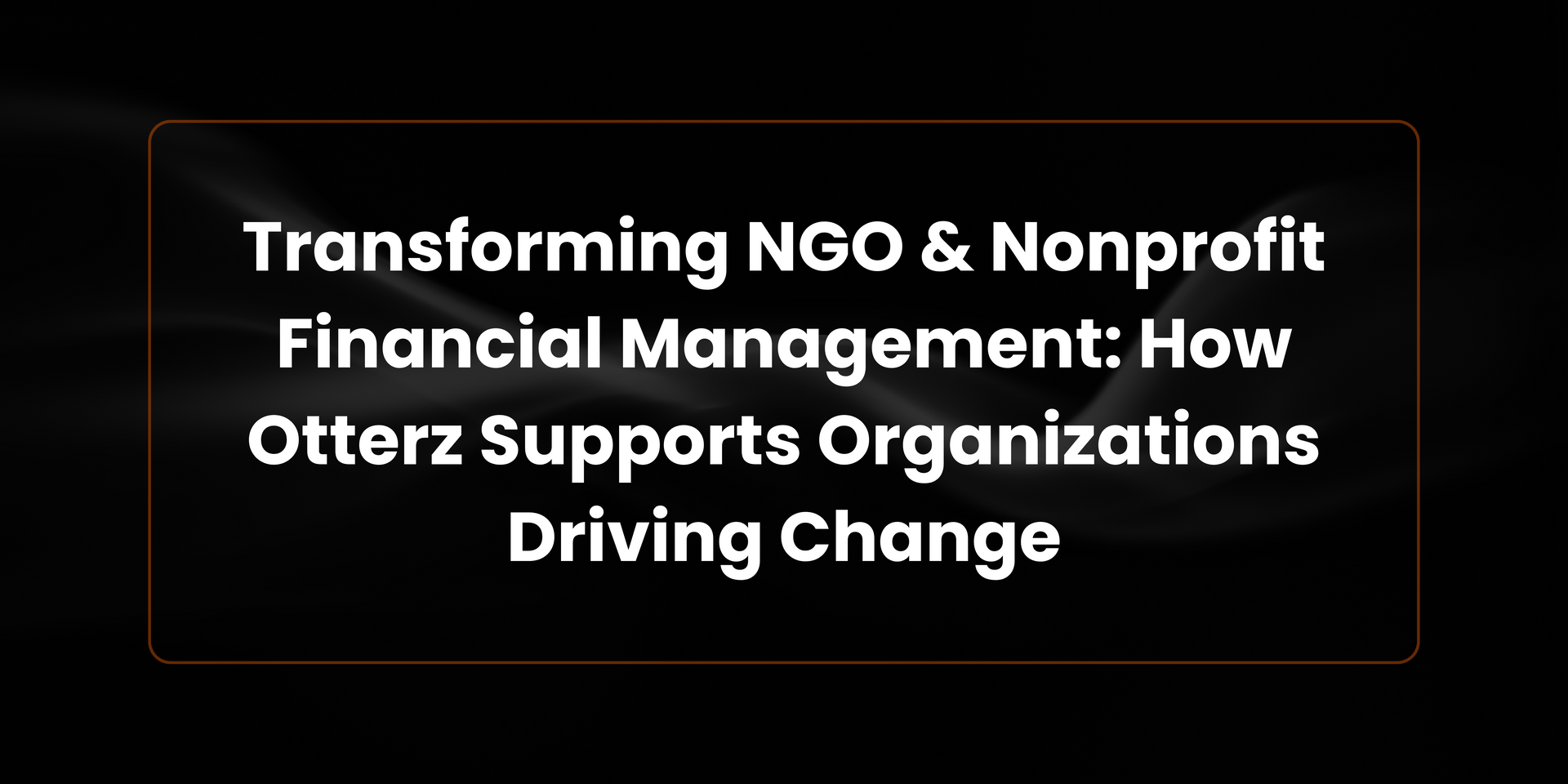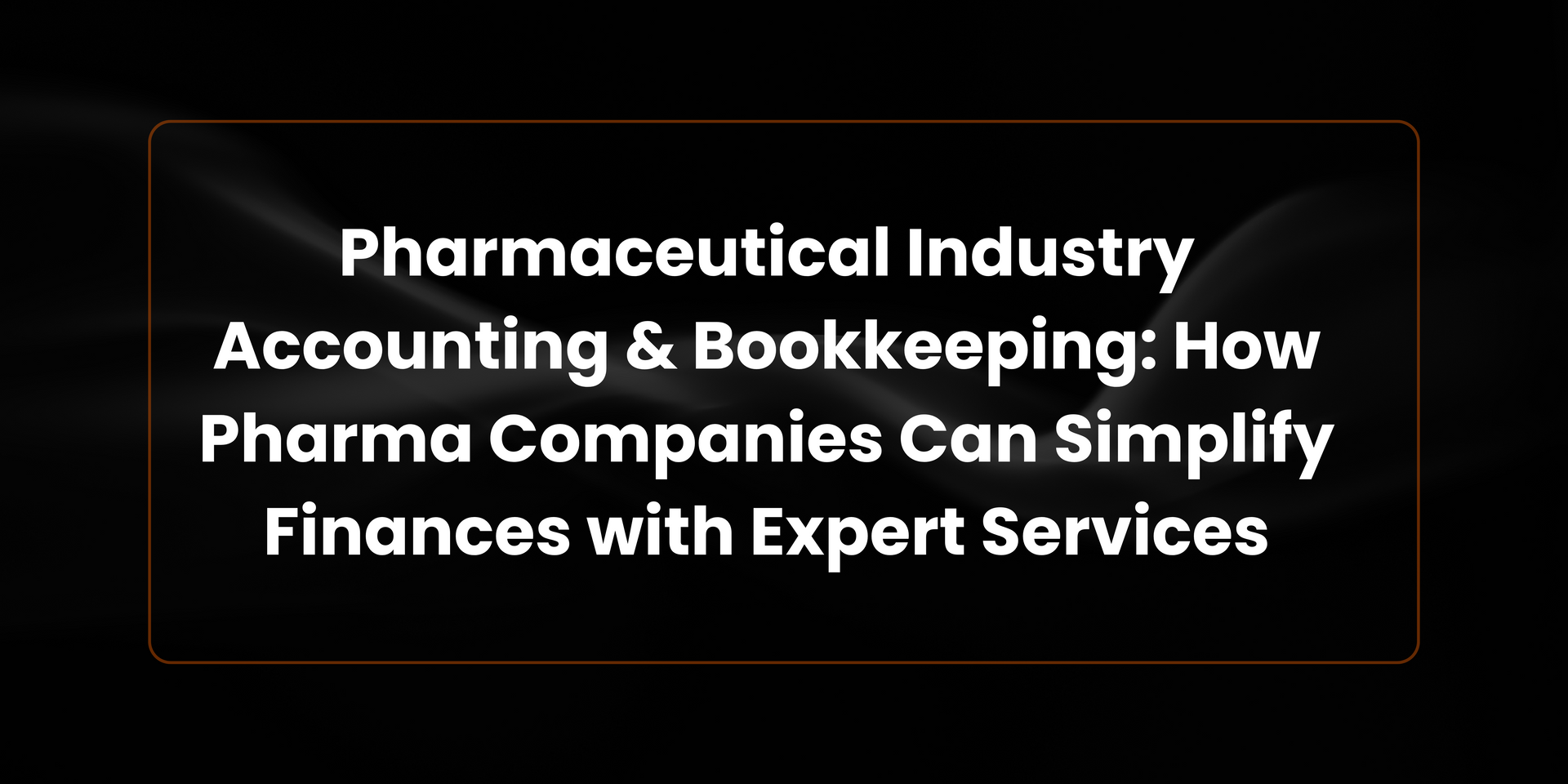How to Dissolve a C-Corporation in Delaware: A Simple, Step-by-Step Guide
Key steps, deadlines, and how Otterz makes closing your business easy and stress-free.

Closing a business isn’t easy. Whether it’s the end of a chapter or a new beginning, dissolving your C-Corporation in Delaware is a process that requires careful attention. If you’re considering wrapping up your business, this guide will walk you through what dissolution means, the key steps involved, important deadlines, documents you’ll need, and how to handle it all smoothly.
What Does “Dissolution” Mean for a Delaware C-Corporation?
In simple terms, dissolution means officially ending your corporation’s legal existence with the State of Delaware. It’s not just about shutting down operations — it’s a formal process that involves filing certain documents, paying fees, and settling all taxes and debts.
By dissolving your C-Corp properly, you’ll:
● Avoid future tax obligations
● Prevent penalties or fees
● Close your business cleanly and legally
Step-by-Step Process to Dissolve a Delaware C-Corporation?
1. Hold a Board of Directors Meeting and Vote:
Start with an official decision. The Board of Directors must meet to approve the dissolution. Once approved, shareholders also need to vote on the dissolution (usually a majority vote).
2. File the Certificate of Dissolution:
This is the critical legal step. You’ll need to file the Certificate of Dissolution with the Delaware Division of Corporations.
There are two main types of dissolution:
● Short Form Dissolution: If your C-Corp hasn’t issued shares or hasn’t started business.
● Standard Dissolution: For corporations that have issued shares and conducted business.
Filing Fee:
● Starts at $204 for most corporations.
● Additional fees may apply if you need expedited service.
Deadline:
● There’s no specific deadline, but it's wise to file before December 31st to avoid the next year’s franchise taxes.
3. Pay All Delaware Franchise Taxes:
Before you dissolve, you must settle all Delaware franchise taxes and file a final annual report.
Here’s how:
● Calculate your final franchise tax (Delaware’s Division of Corporations has an online calculator).
● File your final annual report along with your payment.
Important: Delaware will not approve your dissolution unless all taxes and reports are paid and up to date.
4. Notify the IRS and File Final Federal Tax Returns:
Federal taxes are just as important:
· File IRS Form 966 (Corporate Dissolution or Liquidation) within 30 days of your board’s resolution to dissolve.
· Submit your final federal income tax return using Form 1120.
· Check the “Final Return” box on your tax form.
5. Close Out Other Business Accounts:
After the major filings, make sure to:
● Cancel business licenses and permits.
● Close your Employer Identification Number (EIN) with the IRS (optional but recommended).
● Notify vendors, creditors, and any other agencies.
What Documents Do You Need to Dissolve a Delaware C-Corp?
Here’s a simple checklist:
● Board of Directors’ resolution to dissolve
● Shareholders’ approval document
● Delaware Certificate of Dissolution (Short or Standard)
● Proof of franchise tax payments and final annual report
● IRS Form 966 (Corporate Dissolution or Liquidation)
● Final federal tax return (Form 1120)
Final Thoughts: Closing With Peace of Mind
Dissolving a C-Corporation in Delaware isn’t something you do every day. It can feel overwhelming, but when you break it down step by step, it becomes manageable.
The most important takeaway?
Don’t delay. The longer you wait, the more taxes and penalties can stack up.
If you’re unsure or want to avoid headaches, working with a tax or legal professional can make the process smoother.
How Otterz Can Help You Close This Chapter, Stress-Free!
At Otterz, we know that dissolving a corporation isn't just about forms and filings — it’s about closing a chapter of your business journey with clarity and peace of mind.
Here’s how we help:
● We handle every filing step — from drafting resolutions to filing with Delaware and the IRS.
● Our experts calculate and settle your franchise taxes to avoid surprises.
● We assist with IRS filings, including Forms 966 and 1120, ensuring nothing slips through the cracks.
● We guide you through the entire process, making sure you avoid penalties and unnecessary fees.
Whether you’re ready to dissolve your C-Corp or simply want to explore your options, Otterz is here to help you do it right — the first time.
Found this valuable? Share it with your friends and colleagues!








